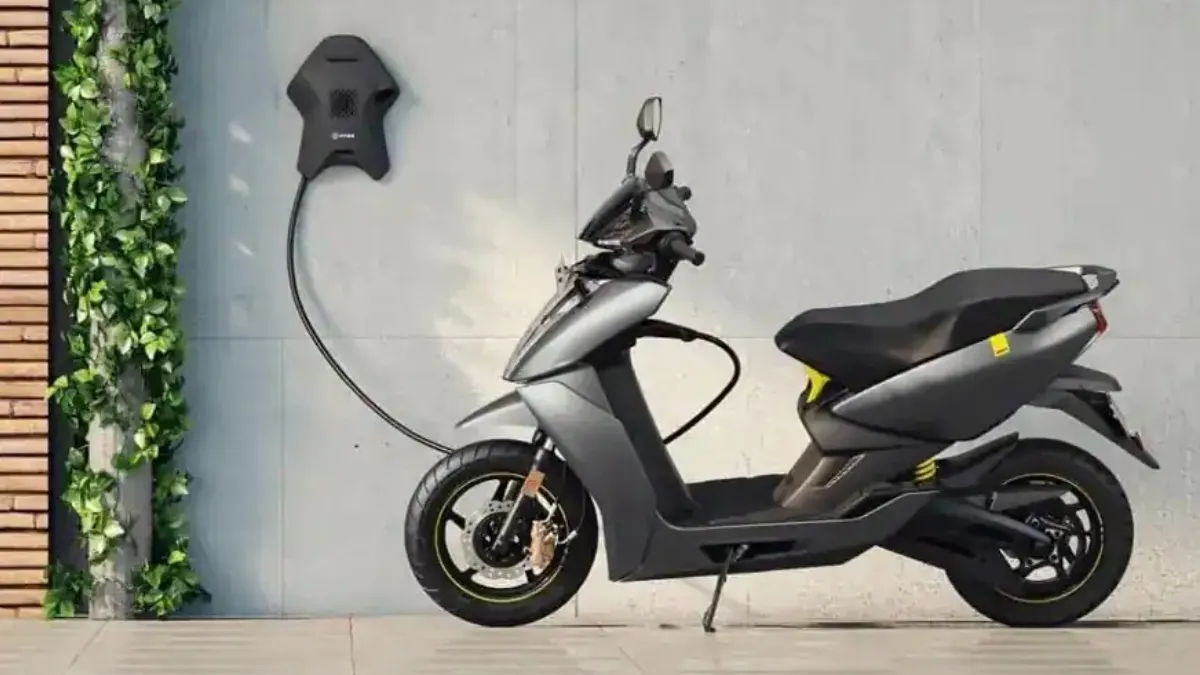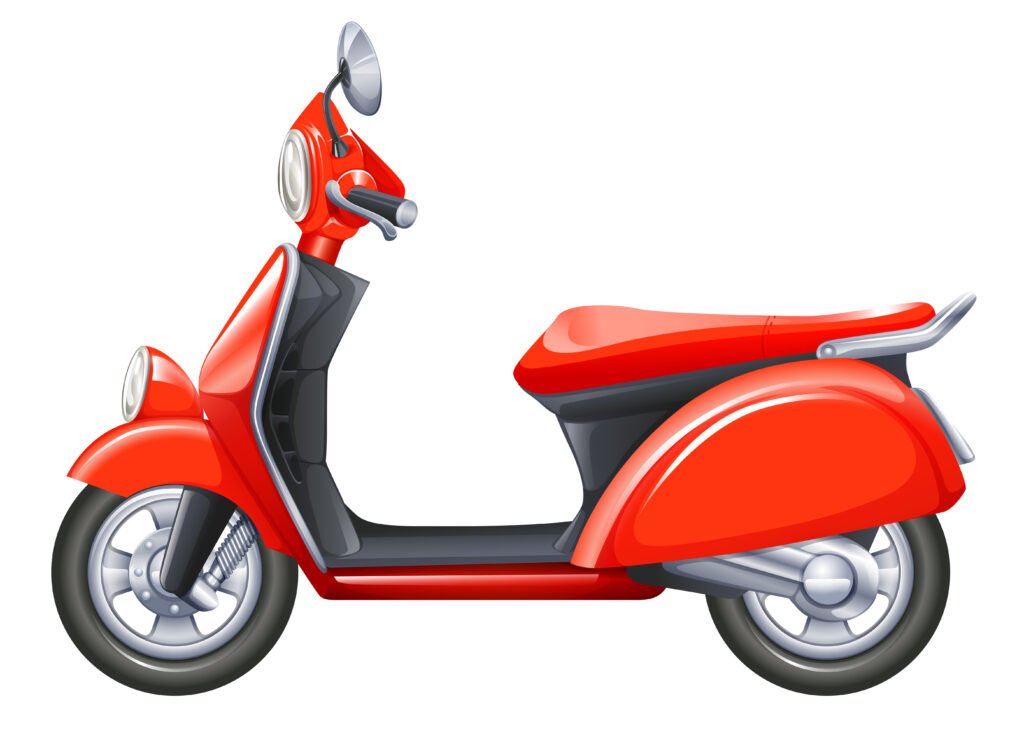Now Reading: 3 Powerful Ways Electric Bikes Make Travel Eco-Friendly & Pollution-Free
-
01
3 Powerful Ways Electric Bikes Make Travel Eco-Friendly & Pollution-Free
3 Powerful Ways Electric Bikes Make Travel Eco-Friendly & Pollution-Free

Eco-Friendly Travel: How Electric Bikes Help Reduce Pollution
A few months ago, I made a small change in my daily routine that ended up having a surprisingly big impact—I started commuting with an electric bike. At first, I was just looking for a way to beat traffic and avoid rising fuel costs, but I quickly realized how much cleaner, quieter, and more refreshing my ride became. It wasn’t just a win for my schedule—it was a win for the planet too. With every ride, I became more aware of how much pollution we unconsciously contribute through our daily travel habits.
Electric bikes offer a powerful solution for anyone who wants to travel smarter and cleaner. They don’t just reduce emissions—they encourage a shift toward more mindful, eco-friendly living. In this post, I’m sharing 3 powerful ways electric bikes make travel more sustainable and pollution-free—ways that have truly changed how I think about transportation and my own environmental footprint. If you’re looking to go green without giving up comfort or convenience, this could be your perfect starting point.
In today’s world, where climate change and environmental concerns are no longer distant issues but urgent realities, how we choose to travel matters more than ever. Whether you’re commuting to work, exploring your city, or simply running errands, your mode of transportation leaves a footprint—carbon or clean. That’s where electric bikes (e-bikes) come in. Sleek, efficient, and planet-friendly, e-bikes are not just a modern trend—they’re a smart solution to a growing global problem: pollution.
Let’s explore how electric bikes are reshaping urban travel, supporting personal wellness, and—most importantly—helping reduce environmental damage.
Understanding the Pollution Problem
Traditional fuel-powered vehicles are one of the largest contributors to air pollution and greenhouse gas emissions. In cities, especially in countries like India, this leads to:
- Poor air quality
- Breathing issues
- Increased urban heat
- Traffic congestion and noise pollution
According to the World Health Organization, transportation accounts for nearly 23% of global carbon dioxide emissions. Clearly, we need cleaner, smarter alternatives—and that’s where electric bikes come in.
What Are Electric Bikes?
Electric bikes (or e-bikes) are bicycles with an electric motor that assists pedaling. They don’t run on petrol or diesel and don’t produce emissions while in use.
There are different types:
- Pedal-assist: Motor helps you while pedaling (great for longer rides or hilly terrain)
- Throttle-based: Allows you to ride without pedaling at all
- Hybrid e-bikes: Let you switch between pedal, assist, and electric modes
They’re convenient, easy to use, and—best of all—eco-friendly.
How Electric Bikes Reduce Pollution
Here’s how e-bikes support cleaner air and a greener planet:
1. Zero Emissions, Zero Guilt
E-bikes don’t release harmful gases like carbon monoxide or nitrogen oxides, which are common in car and motorbike exhaust. Every ride on an e-bike means one less vehicle emitting pollutants into the atmosphere.
Fun Fact: Replacing just one car trip per day with an e-bike can reduce your personal carbon footprint by as much as 67%.
2. Lower Energy Consumption
Unlike cars that burn fossil fuels, e-bikes use very little electricity—just enough to charge a small battery. This consumes far less energy per kilometer than any other motorized transport.
3. Reduced Noise Pollution
E-bikes are whisper-quiet. Less noise on the streets means calmer neighborhoods, less stress, and better sleep for city dwellers.
Bonus: Benefits for the Rider
E-bikes don’t just help the environment—they help you, too.
Health Boost
While the motor helps when needed, you’re still pedaling. It’s gentle, low-impact exercise that improves cardiovascular health, stamina, and mental wellness.
Budget-Friendly
With rising fuel prices, e-bikes are a cost-effective alternative. Once you buy one, the running cost is minimal—just a few rupees to charge the battery.
Time Saver in Traffic
Especially in crowded cities like Mumbai, Delhi, or Bangalore, e-bikes can glide through traffic, fit into small lanes, and reach destinations faster during rush hours.
A Real-Life Example
A close friend of mine, who lives in Navi Mumbai, switched to an electric bike for his daily office commute—about 12 km each way. Not only did he save over ₹2,500 per month on fuel, but he also started losing weight and feeling more energized.
What surprised him the most was how his 45-minute car commute turned into a 30-minute breezy ride on his e-bike—with zero road rage!
He said, “It’s like a morning meditation on wheels. I never realized travel could be this peaceful.”
Are E-Bikes Practical for Everyday Use?
Yes! Most modern electric bikes are:
- Lightweight and durable
- Capable of traveling 40–60 km on a single charge
- Easily rechargeable via a standard socket
Fitted with smart features like GPS, app connectivity, and anti-theft systems
They work well for:
- Office commutes
- College students
- Grocery runs and short errands
Some cities are even building dedicated e-bike lanes, encouraging safe and smooth travel.
Eco-Tip: Combine E-Bikes with Other Green Habits
If you’re serious about eco-friendly living, combine e-bike usage with other sustainable choices like:
- Using a reusable water bottle while riding
- Carrying your own eco-friendly shopping bags
- Wearing a recycled-material helmet or gear
- Charging your e-bike during off-peak hours or with solar energy, if possible
- Small actions, repeated daily, make a big difference.
The Bigger Picture: Shaping Sustainable Cities
Imagine a city where:
- Most people ride electric bikes
- The air is cleaner
- The roads are quieter
- There’s more space for trees than parking lots
- Sounds ideal, right? E-bikes can help make this a reality.
Urban planners worldwide—from Amsterdam to Ahmedabad—are promoting electric bikes as part of the movement toward sustainable urban mobility. Supporting this shift is not just smart—it’s essential for future generations.
The next time you think about heading out on a bike or a scooter, consider switching to an electric one. It’s not just a ride—it’s a statement of care for the environment.
Electric bikes are not a fad—they’re the future. A clean, quiet, efficient, and joyful one.
So let’s ride into that future—one pedal at a time.















